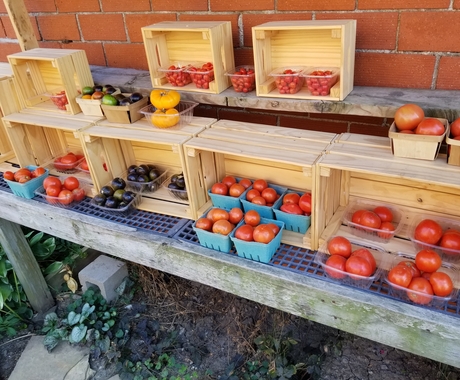By Traci Bruckner, former staff member
This week, the White House and Congressional leaders struck a tentative budget deal. The deal provides a framework and the additional funding needed to allow Congress to complete the annual appropriations funding legislative process.
The budget deal contains significant implications for agricultural and Farm Bill programs. It takes a small step in reforming federally subsidized crop insurance programs. It would cap profits crop insurance companies extract from administering the program from 14.5% to 8.9%. Also, the Standard Reinsurance Agreement must be renegotiated by December 31, 2016 and once every five years thereafter.
This is a small but positive step forward. Insurance companies have been one of the largest beneficiaries of the subsidized crop insurance program. They witnessed double-digit returns over the last decade or more, with returns one year as high as 34%. During belt-tightening times, it is appropriate to ask crop insurance companies to accept a reduction in the profits from federal subsidies they receive.
The budget deal scraps the Farm Bill provision preventing taxpayers from benefiting from government negotiations with the private sector over the delivery of crop insurance. This was an outrageous gift to the crop insurance lobby, and is a policy that should never have seen the light of day.
While a great deal more crop insurance subsidy reform is needed to support and protect family farmers and the environment, re-negotiation is a small but important first step toward comprehensive reform.
And with the additional funding the budget deal provides to appropriators to finish fiscal year 2016 funding bills, Congress has the opportunity to turn back the tide on cuts to conservation. Congress should move quickly to eliminate the 23% cut to the Conservation Stewardship Program in the pending House bill and the $300 million cut to the Environmental Quality Incentives Program currently included in both the House and Senate bills.
Opponents of cuts to crop insurance company profits have criticized "opening up the Farm Bill," but those criticisms ring hollow when compared to how often Congress has opened up the Farm Bill to cut conservation programs.
It is disingenuous to use rhetoric about family farmers to protect crop insurance company profits while at the same time cutting the same conservation programs farmers and ranchers depend on to improve soil and water quality, conserve water, and prepare for extreme weather events.




